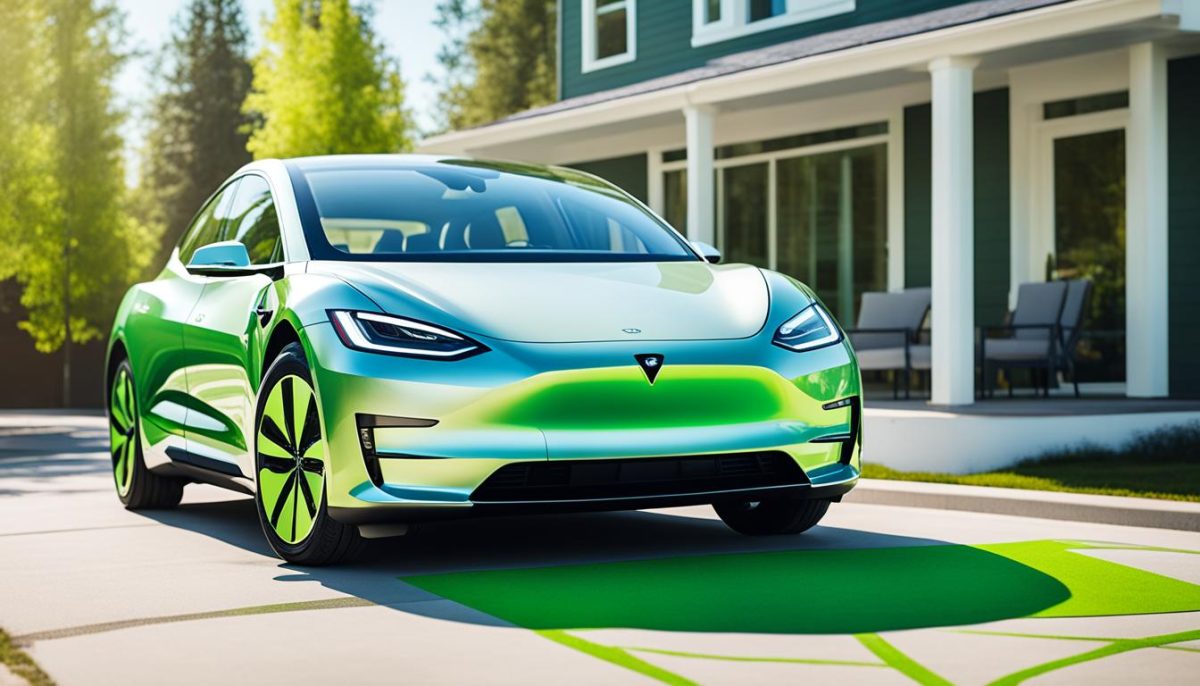The rising interest in plug-in hybrid electric vehicles (PHEVs or plug-ins) is palpable, drawing attention from policymakers, media outlets, and automakers alike. At AFS Trinity, we frequently field inquiries regarding how vehicles utilizing our Extreme Hybrid™ technology stack up against other hybrids currently on the market. Here’s a comprehensive comparison.

While the Toyota Prius holds a prestigious status as a pioneer in hybrid technology and remains a prominent player in the hybrid market, it’s essential to note that plug-in conversions of the Prius face limitations. These conversions, undertaken by non-profit enthusiasts and small private commercial converters independently of Toyota Motor Corporation, exhibit commendable efforts in showcasing the potential of plug-in hybrid technology. However, inherent constraints persist. The Prius, not originally designed as a plug-in hybrid, harbors a planetary power splitter “transmission” within its Hybrid Synergy Drive system. This design restricts the electric-only mode’s top speed to a mere 34 mph. Consequently, plug-in Prius conversions share this limitation, necessitating gasoline engine engagement for highway driving and speeds exceeding 34 mph.
For the average weekly drive cycle, Prius conversion plug-ins yield approximately 100 miles per gallon, assuming drivers maintain speeds below 34 mph—a scenario impractical for most drivers. Data from the U.S. Department of Energy underscores that the average American spends 45% of driving time at highway speeds, highlighting the necessity for plug-in hybrids to accommodate such driving conditions.
For plug-in hybrids to realize their potential in reducing oil dependency, practical considerations are paramount. These vehicles must offer electric-only operation for up to 40 miles daily, catering to the weekday driving patterns of 75% of Americans. Furthermore, they must support electric-only operation at all typical driving speeds, including highway speeds of at least 55 mph.
In summary, while the Prius plug-in conversions demonstrate advancements in hybrid technology, their limitations underscore the need for plug-in hybrids capable of meeting the demands of real-world driving scenarios to achieve meaningful reductions in oil dependency.
